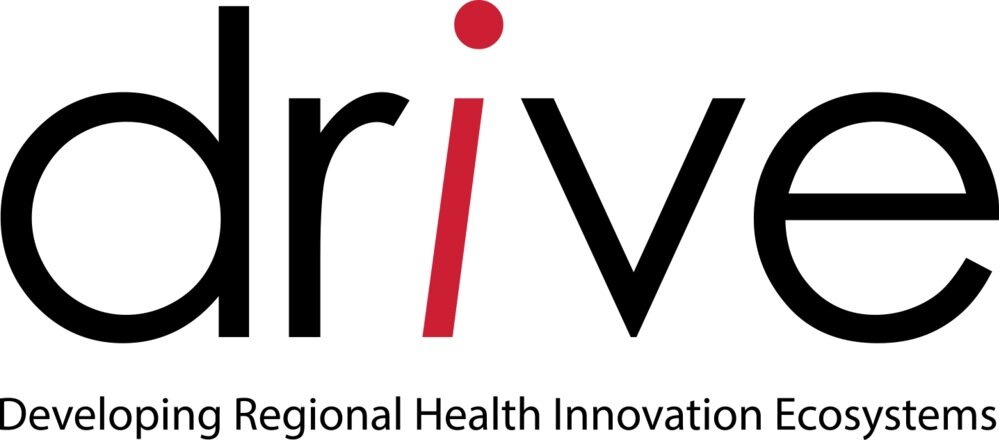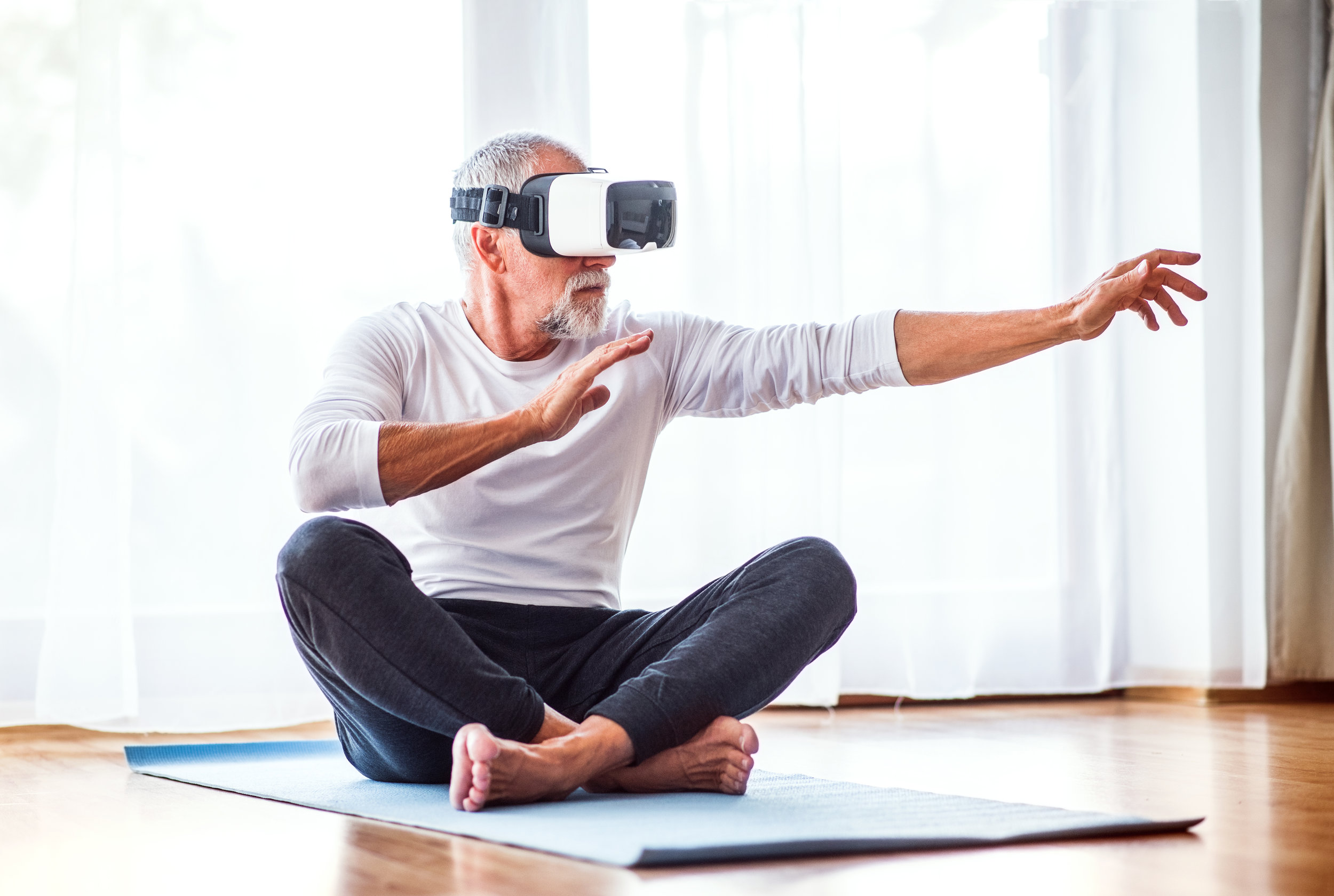PROJECTS
.
The Developing Regional health innoVation Ecosystems (DRiVE) project
Project Leads: Josephine McMurray & Heidi Sveistrup Collaborators: James Conklin, Ryan D’Arcy, Don Juzwishin, Scott Lear, Paul Stolee, David Wolfe PostDoc: Heather McNeil Funding: AGEWELL NCE Abstract: Translating novel research into practice, policy and commercial applications requires strong relationships among researchers, policy-makers, practitioners, and industry. There is growing recognition that these relationships are most effective at a localized or regionalized level, where there are opportunities for direct personal contact and communication. This project involves in-depth exploration of the processes of technology innovation, adoption, dissemination and commercialization in regional health innovation ecosystems (RHIEs) with close university-industry linkages. DRIVE will develop model for AGE-WELL that will facilitate partnerships and local collaborations between researchers, policy-makers, practitioners, and industry.
DRiVE has three sub-projects currently underway:
1. The ECOTECH Project
Project Lead: Heather McNeil Collaborators: Josephine McMurray, Heidi Sveistrup Funding: AGEWELL NCE Abstract: There’s a growing trend to increase transparency, empower citizens and democratize health care. As we seek better ways to support our aging population, there are many compelling reasons to engage older adults and their caregivers in the development of community infrastructure that supports innovation in health and ageing. Traditionally, innovation arises from collaboration amongst researchers, government and industry. The ECOTECH project is exploring how older adults and their caregivers can be involved at the policy & planning level, as well as throughout the development and commercialization stages of innovative technology development.
2. SAM3
Project Leads: Rafik Goubran, Frank Knoefel, Heidi Sveistrup, Bruce Wallace Collaborators: Josephine McMurray, Heather McNeil Funding: Bruyère Research Institute, Carleton University, AGEWELL NCE Abstract: SAM3 is a collaboration between the Bruyère Research Institute and Carleton University in partnership with the AGE-WELL National Centre of Excellence. SAM3stands for Sensors and Analytics for Monitoring Mobility and Memory. The focus of this innovation hub is on research and innovation to develop technology based solutions that enable an aging population to live independently, longer. These solutions are co-created with industry, clinical, academic, and older adults and their families. SAM3 hub will help build regional capacity for industry/clinical/academic/user collaborations and will assess the benefits of new technologies through trials with real users in clinical and home settings.
3. Assessing the Feasibility of Establishing an Interaction Space for OT-related Technologies & Innovations
Project Leads: Heidi Sveistrup, Mylène Bastarache, Danièle Caron, Alexandra Belliveau Collaborators: Heather McNeil, Josephine McMurray Funding: Bruyère Research Institute, Carleton University, AGEWELL NCE Abstract: In collaboration with occupational therapy students we are conducting a literature on the feasibility or the benefits of implementing a “storefront” location where older adults can interact with potential innovations/technologies that may support them in living independently and safely. A study that will be conducted in the SAM3 hub, will examine the feasibility of establishing a “smart apartment” that will be used to both train professionals on novel research and off-the-shelf technologies to support older adults in their homes, as well as older adults and caregivers themselves, in their use.
The WEiRED Project (Women Entrepreneurs, Innovators and Regional Ecosystem Development
Project Leads: Josephine McMurray Collaborators: Kerstin Ettl, Katherina Kuschel, Vesna Mandakovic, Judith Sixsmith, Heidi Sveistrup Funding: SSHRC. Wilfrid Laurier University Abstract: WEiRED is a program of research aimed at investigating the relationship between opportunity-driven women entrepreneurs and regional innovation ecosystems. Innovation is increasingly viewed as a way to enhance economic growth and is particularly important for the development of novel technologies. There is considerable theoretic and empirical research to support the need to develop regional capacity to support individuals’ capacity for innovative activity that leads to industry and sectoral transformation through new entrepreneurial activity. WEiRED held a symposium with 50 invited experts and stakeholders at Communitech in June 2017, The “From Exception to Rule: The Role of Women Entrepreneurs in Regional Innovation Ecosystem Development” symposium is being used to develop a Partnership Development Grant that will be submitted in the Fall 2018 and will be related to findings from the symposium.
Brain FX Screening & Risk Management Program – Economic & Clinical Evaluation
Project Leads: Josephine McMurray, Azim Essaji, Paul Holyoke Collaborators: Grace Liu, Moyo Sogaolu Funding: OCE Health Technologies Fund Abstract: When it comes to dementia and other cognitive diseases of aging, studies suggest that timing is key to health care cost savings and that cost-effective early detection and intervention, using a range of different intervention effects should be an achievable goal. There is evidence from economic modelling that the cost of an earlier dementia diagnosis and the downstream costs of providing evidence-based treatment may be more than offset by the cost savings accrued from the benefits of: a) anti-dementia drugs and caregiver interventions, and b) delayed institutionalization and enhanced quality of life for people with dementia and their caregivers. This study will evaluate the effects and model the possible costs of the use of the BrainFX SCREEN and 360, to detect the early signs of dementia, and to provide comprehensive reports and treatment suggestions to clinicians and families. 10,000 screens will be administered and added to BrainFX’s Living Brain Bank (database). ThoughtWire, an industry partner, will develop an algorithm to automate the process of mining health records for older adults at risk of dementia and Alzheimers.
AI, Trust and Older Adults
Project Leads: Richard Booth, Josephine McMurray Collaborators: Gillian Strudwick, Cheryl forchuk, Adam Morse, Jessica Lachance, Arani Baskarna, Lauren Allison, Shreya Shah Funding: SSHRC Abstract: Intelligent assistive technologies (IATs) (systems that can autonomously adjust their performance to the user and/or environment) become more commonplace and embedded within Canadian society, exploring how various cross-sections of the population use and experience these forms of artificially-intelligent technology is important. Currently, older adults make up a sizeable demographic of the Canadian population, and are defined as individuals aged 55 and older. Past research has indicated that the use of IATs may be beneficial to older adults to help facilitate their aging in place (that is, living independently, safely, and comfortably in the home or community of their choosing, regardless of income, ability level, or age). As older adults begin to use IATs in activities of daily living, deeper insights related to how the concept of trust is developed between people and these technologies is important. We conducted a Knowledge Synthesis project to explore the concept of trust, related to older adults’ adoption/use of IATs to support aging in place.
Secondary Project:
1. Gendered Perspectives of Trust, AI and Older Adults Project Leads: Heather McNeil, Shreya Shah Collaborators: Josephine McMurray, Richard Booth Abstract: Canada’s population, like many western democracies, is aging; by 2030, 25% of the population will be over 65. This important societal shift brings with it the challenge of caring for an increasingly fragile, elderly population whose desire is to age independently and in the comfort of their own home. Technologies, particularly intelligent assistive devices (IATs) such as robots, are seen as an important part of the arsenal of solutions that will help us care for future generations. Understanding how and why older adults might adopt and use IATs to help with activities of daily living will ensure that future technologies will be part of the solution. In this paper we explore how gender, as an attribute of both the user and of a robot’s perceived anthropomorphic qualities, influences and is influenced by trust. This project involves a literature review, and 16 interviews with older adults to understand how gender impacts perspectives of trust related to in home IATs.
SmartSurveys
Project Leads: Josephine McMurray, Jim Wallace Collaborators: Richard Booth, Chatura Ranaweera, Tina Chan, Alaadin Sidahmed Funding: SSHRC Abstract: This study, conducted by a multi-disciplinary research team, will explore the barriers and facilitators of the adoption and use of smartphone applications for collection of context- sensitive service user experience data for service research, where many commercial service assessment techniques originate. The “context” of what and where data is collected may invoke opportunities to promote or constrain certain behaviours (Johns, 2006). We define context-sensitive data as that which, due to that location from which it is collected (such as a pay-day loan establishment), or the nature of its contents (such as HIV results from public health clinic), might interfere with an individual’s willingness to share that data with a researcher. There is little guidance to help data collectors determine when smartphones should be used to access a user’s private data and even less is known about whether a user’s location and context may impact their willingness or ability to share that data. We are currently designing a field study with MetricWire to test a model developed through in-depth interviews.





